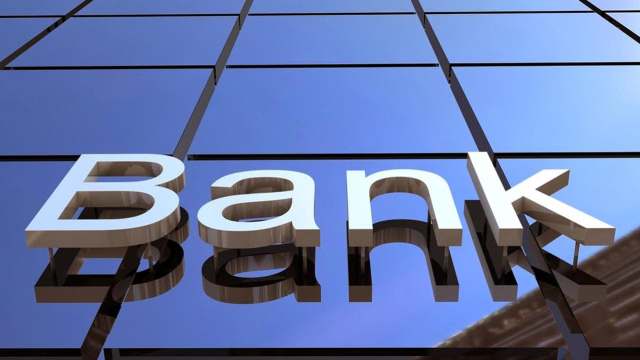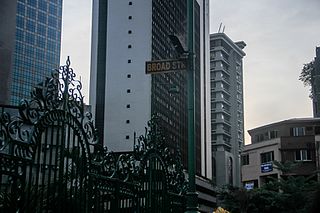Nigerian banking industry’s rising stock of Non-Performing Loans appears to be giving the Central Bank of Nigeria (CBN) and the operators huge concerns with the ratio now at 6.3 per cent for the month of February 2021 according to data from the apex bank. T

he NPL ratio measures the rate of bank loans that are either going bad because they are not being serviced adequately or have gone completely bad.
The NPL ratio measures the rate of bank loans that are either going bad because they are not being serviced adequately or have gone completely bad. This is coming after the CBN retained its benchmark interest rate, known as the Monetary Policy Rate (MPR), at 11.5 percent after the two-day Monetary Policy Committee (MPC) meeting in Abuja, citing inflation concerns.
Speaking after announcing the committee’s decision, the CBN Governor, Godwin Emefiele, said the apex bank was not looking to make life difficult for Nigerians and businesses operating in Nigeria by increasing the key interest rate and explained that increasing the MPR will increase the cost of borrowing and reduce access to credit for businesses which he said might reverse the growth trend of the economy.
He revealed that the performance of the Financial Soundness Indicators (FSIs) of Deposit Money Banks (DMBs) as at February 2020, showed that the NPL ratio remained above the prudential benchmark of 5.0 per cent.















